776289
N,N′-Bis(3-pentyl)perylene-3,4,9,10-bis(dicarboximide)
98% (HPLC)
Synonym(s):
2,9-Di(pent-3-yl)-anthra[2,1,9-def,6,5,10-d′e′f′]diisoquinoline-1,3,8,10-tetrone, N,N′-Bis(ethylpropyl)perylene-3,4,9,10-tetracarboxylicdimide, N,N-Bis(ethylpropyl)perylene-3,4,9,10-tetracarboxylicdiimide, Anthra[2,1,9-def:6,5,10-d′e′f′]diisoquinoline-1,3,8,10(2H,9H)-tetrone, 2,9-bis(1-ethylpropyl)-, PBI
Select a Size
Select a Size
About This Item
Recommended Products
Quality Level
Assay
98% (HPLC)
form
powder
mp
>450 °C
λmax
524, 488, 457 nm in dichloromethane
SMILES string
CCC(CC)N1C(=O)c2ccc3c4ccc5C(=O)N(C(CC)CC)C(=O)c6ccc(c7ccc(C1=O)c2c37)c4c56
InChI
1S/C34H30N2O4/c1-5-17(6-2)35-31(37)23-13-9-19-21-11-15-25-30-26(34(40)36(33(25)39)18(7-3)8-4)16-12-22(28(21)30)20-10-14-24(32(35)38)29(23)27(19)20/h9-18H,5-8H2,1-4H3
InChI key
AIPBSZJAQGGCPD-UHFFFAOYSA-N
General description
Application
Perylene bisimide dye used for organic photovoltaics (OPVs). A PCE of 1.75% was demonstrated with the solvent vapor annealed films; representing the best among the solar cells based on the single molecule materials.
Signal Word
Warning
Hazard Statements
Precautionary Statements
Hazard Classifications
Eye Irrit. 2 - Skin Irrit. 2 - STOT SE 3
Target Organs
Respiratory system
Storage Class Code
11 - Combustible Solids
WGK
WGK 3
Flash Point(F)
Not applicable
Flash Point(C)
Not applicable
Choose from one of the most recent versions:
Certificates of Analysis (COA)
Don't see the Right Version?
If you require a particular version, you can look up a specific certificate by the Lot or Batch number.
Already Own This Product?
Find documentation for the products that you have recently purchased in the Document Library.
Articles
Fabrication procedure of organic field effect transistor device using a soluble pentacene precursor.
Solution-processed organic photovoltaic devices (OPVs) have emerged as a promising clean energy generating technology due to their ease of fabrication, potential to enable low-cost manufacturing via printing or coating techniques, and ability to be incorporated onto light weight, flexible substrates.
Our team of scientists has experience in all areas of research including Life Science, Material Science, Chemical Synthesis, Chromatography, Analytical and many others.
Contact Technical Service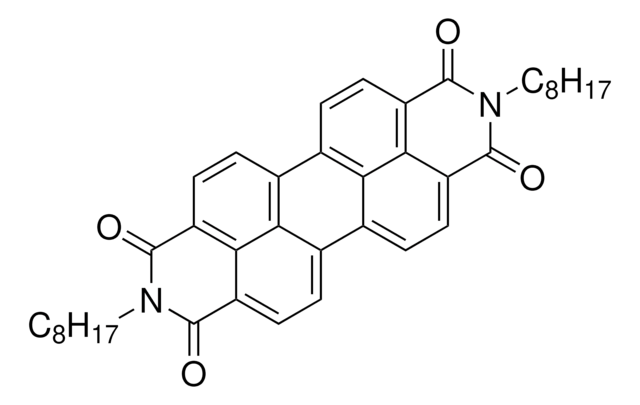
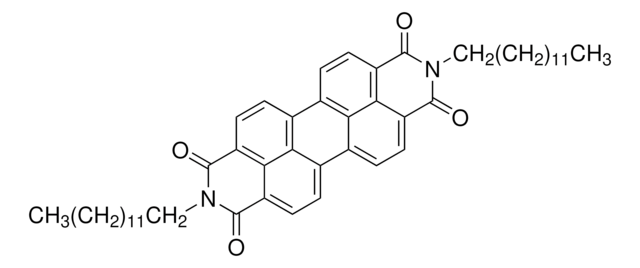
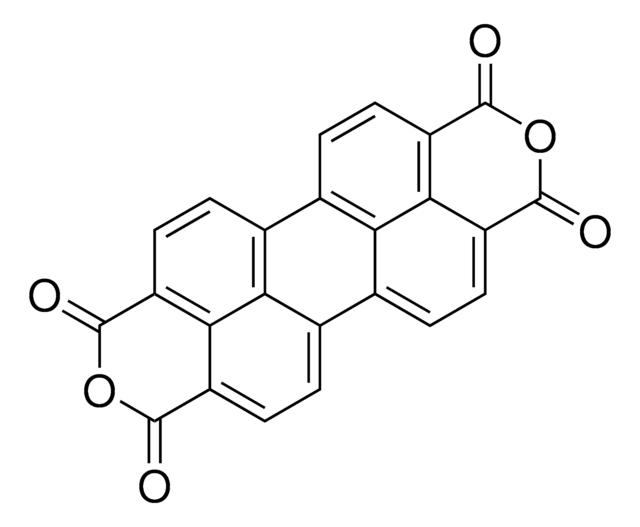
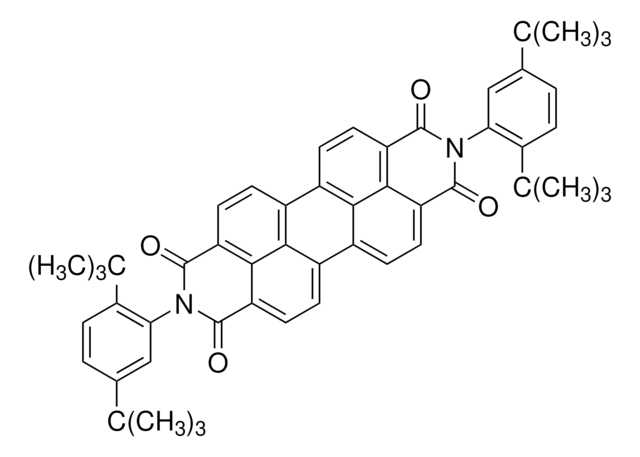
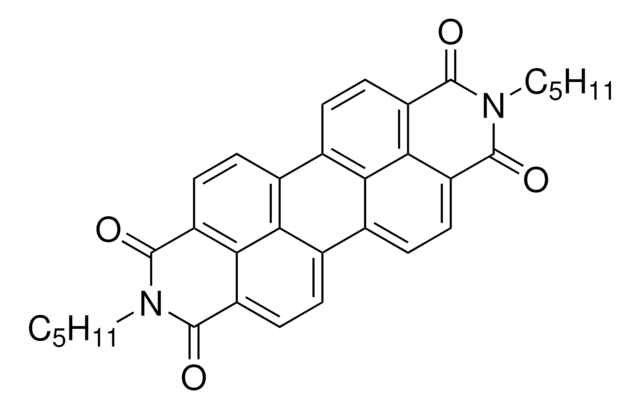
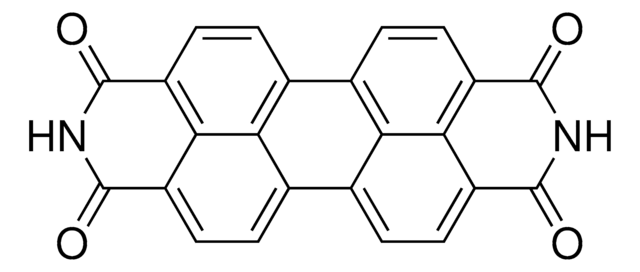
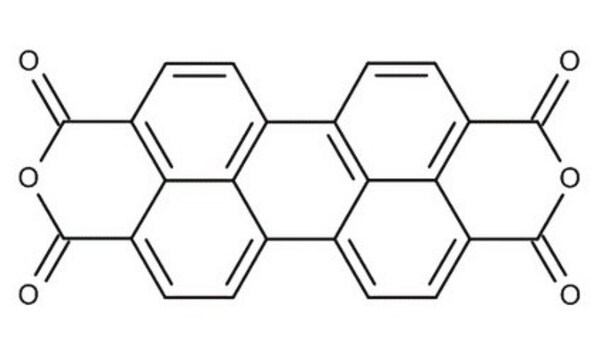

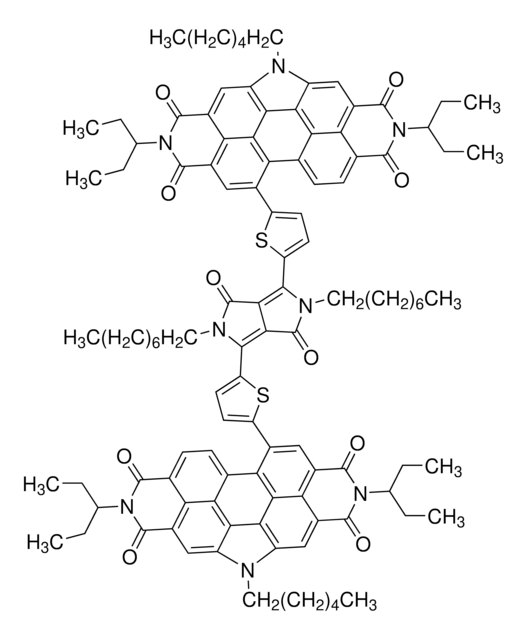
![N,N′-Bis[2-(2-tert-butyldimethylsilyloxyethoxy)ethyl]-3,4,9,10-perylenetetracarboxylic diimide 97%](/deepweb/assets/sigmaaldrich/product/structures/334/047/4ac691aa-ae25-4df1-9e0d-09ed12cb8f1f/640/4ac691aa-ae25-4df1-9e0d-09ed12cb8f1f.png)
